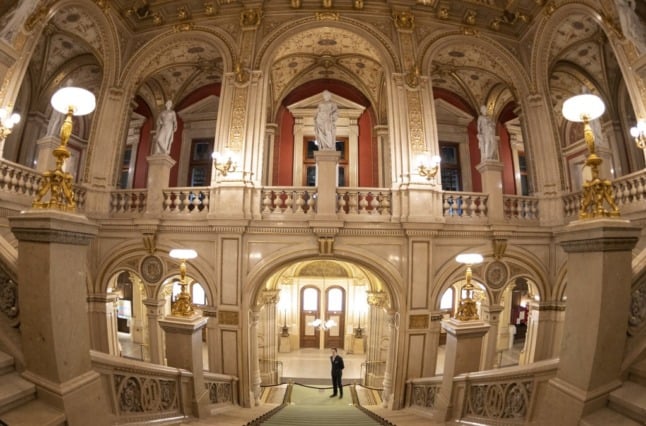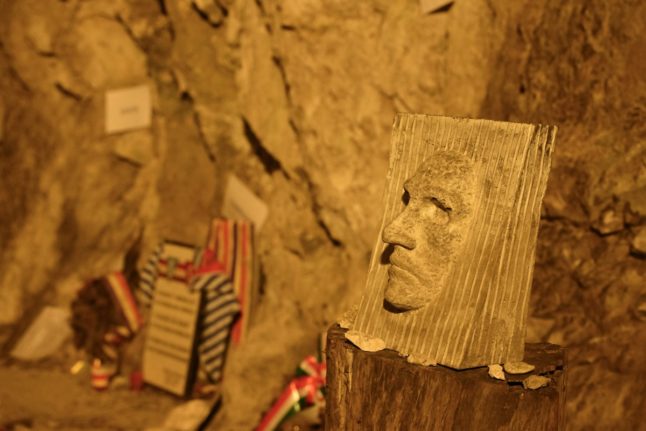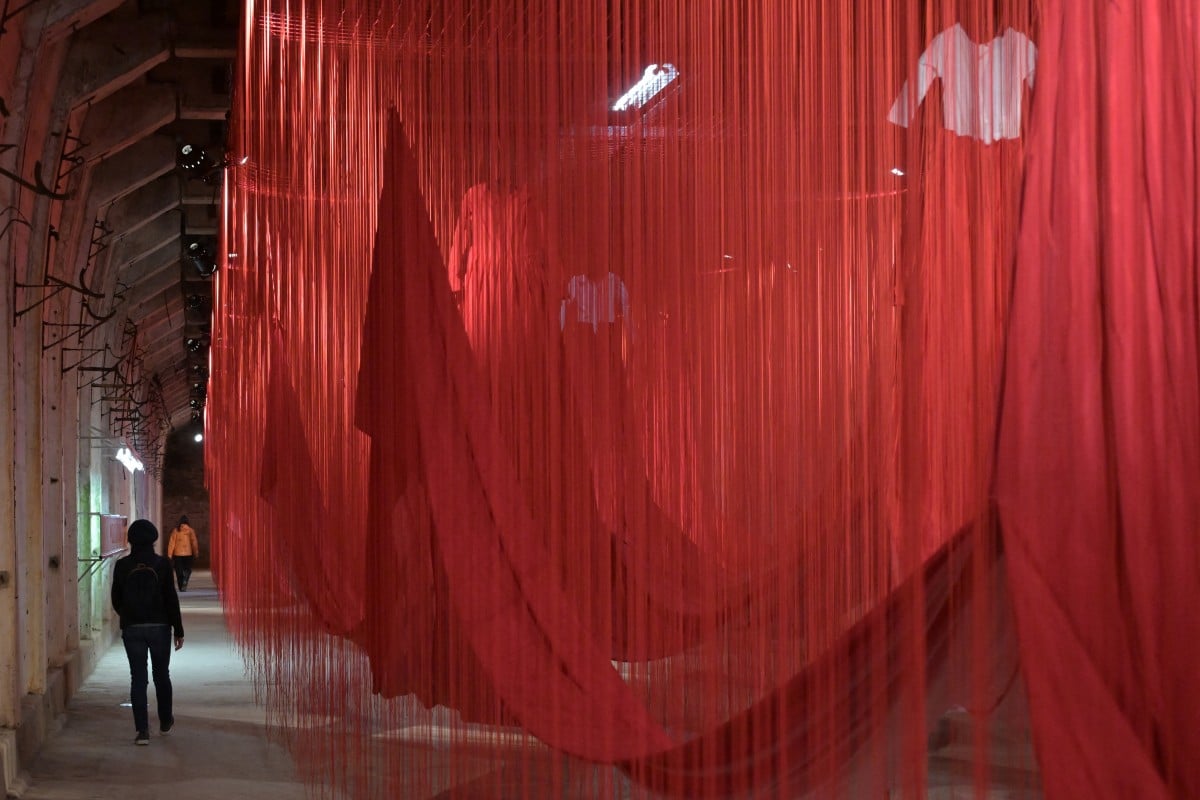CULTURE
Vienna State Opera cancels all shows to January 6th due to Omicron
The Vienna State Opera has cancelled all performances up to and including January 5th, 2022 due to several cases of Omicron among staff and performers and the resulting number of contacts needing to quarantine.
Published: 1 January 2022 17:57 CET

Excluding lockdowns, Vienna's State Opera has not cancelled a single performance since the pandemic began. JOE KLAMAR / AFP
The first affected performance is the 6.30pm show of Strauss’ Die Fledermaus on January 1st.
“We will do all we can to resume performances on January 6th, said State Opera director Bogdan Rošcic, Standard reported.
“The State Opera has been battling with Covid-19 for almost two years and outside of lockdowns, has not cancelled a single performance to date,” Rošcic said, explaining that the situation had become increasingly difficult over the last few weeks.
More than 85 percent of the opera company have had three vaccinations against Covid-19 and they also take PCR tests at least three times a week.
“But the working conditions, especially among the artists, playing, singing, dancing and playing music together, make complete protection impossible,” the director said.
The highly contagious Omicron variant had led to a dramatic increase in infection rates and the company now hoped that by having a break and toughening up safety measures, they would be able to resume performances in a few days’ time, Rošcic said, apologising to all visitors for the inconvenience.
All tickets would be refunded, the State Opera said.
People who have been in contact with someone who tests positive for Omicron are considered Category 1 (K1) contacts. This means that even vaccinated people who have been in contact with a person infected with Omicron need to self-isolate for ten days, although they can take a PCR test to end the quarantine early after five days if they test negative.
Contacts of people with previous variants are considered Category 2 (K2) and do not have to self-isolate
On Saturday, Austria reported 3,608 new Covid-19 infections and 16 Covid-related deaths.
Url copied to clipboard!



 Please whitelist us to continue reading.
Please whitelist us to continue reading.
Member comments